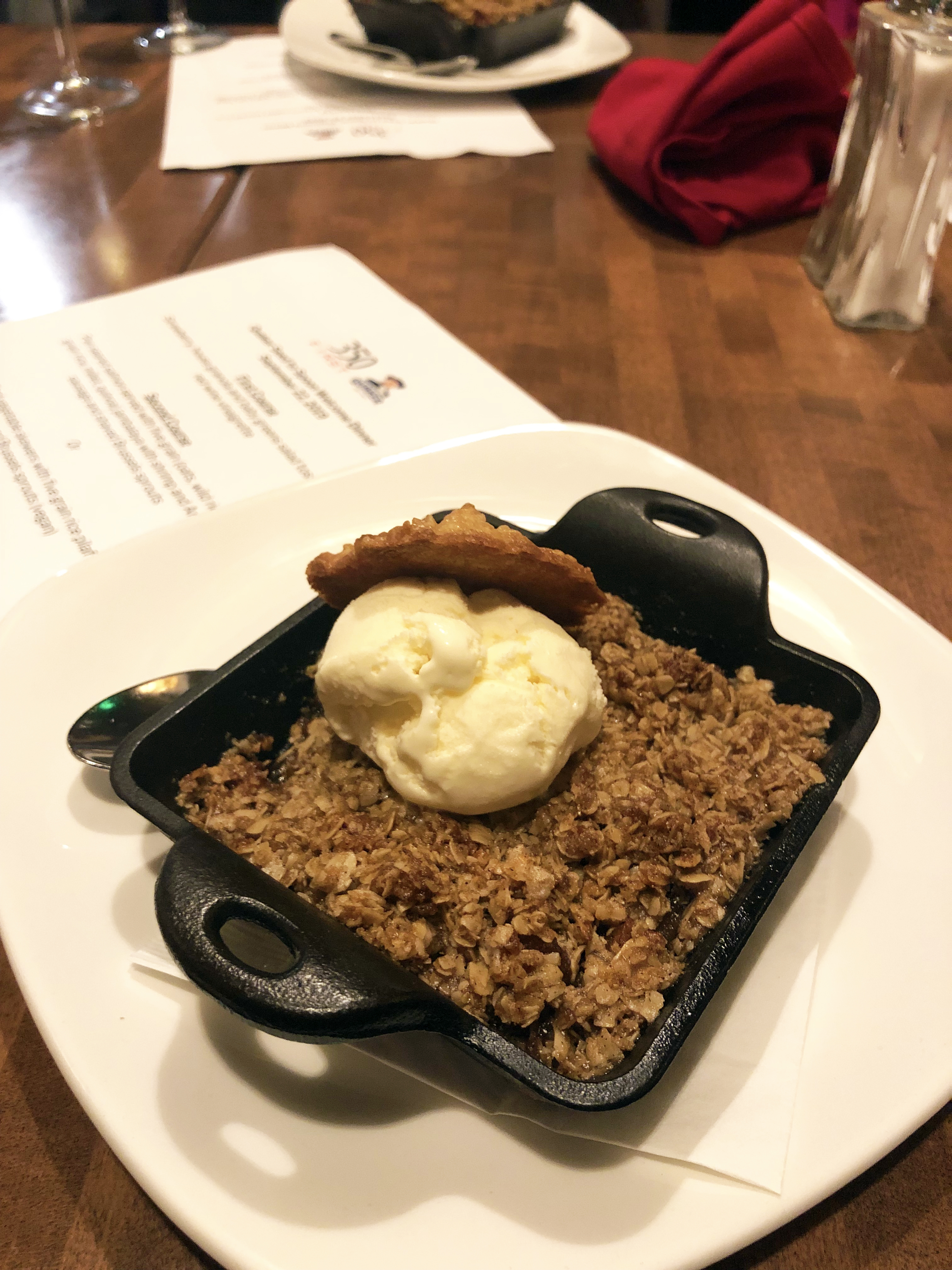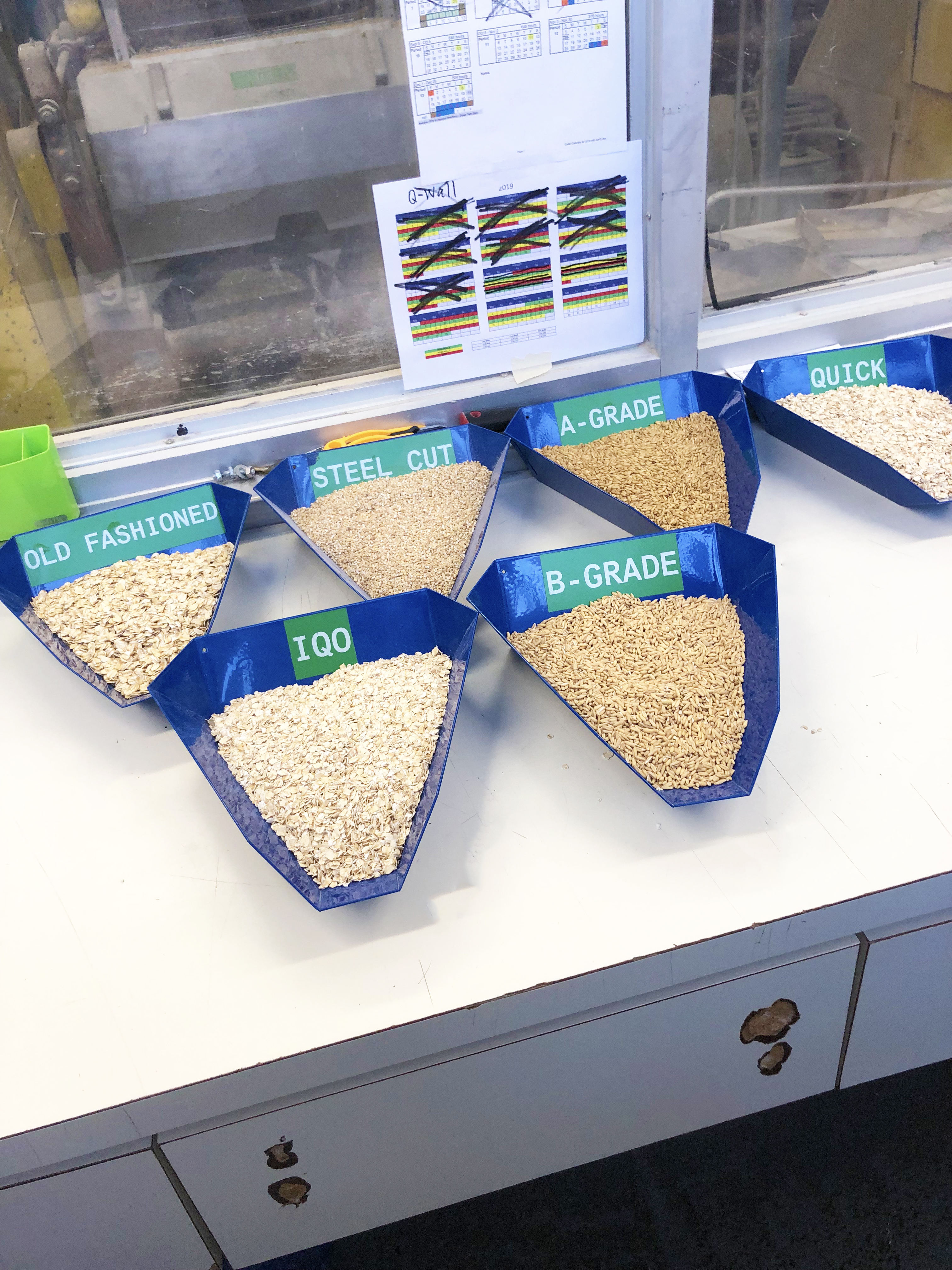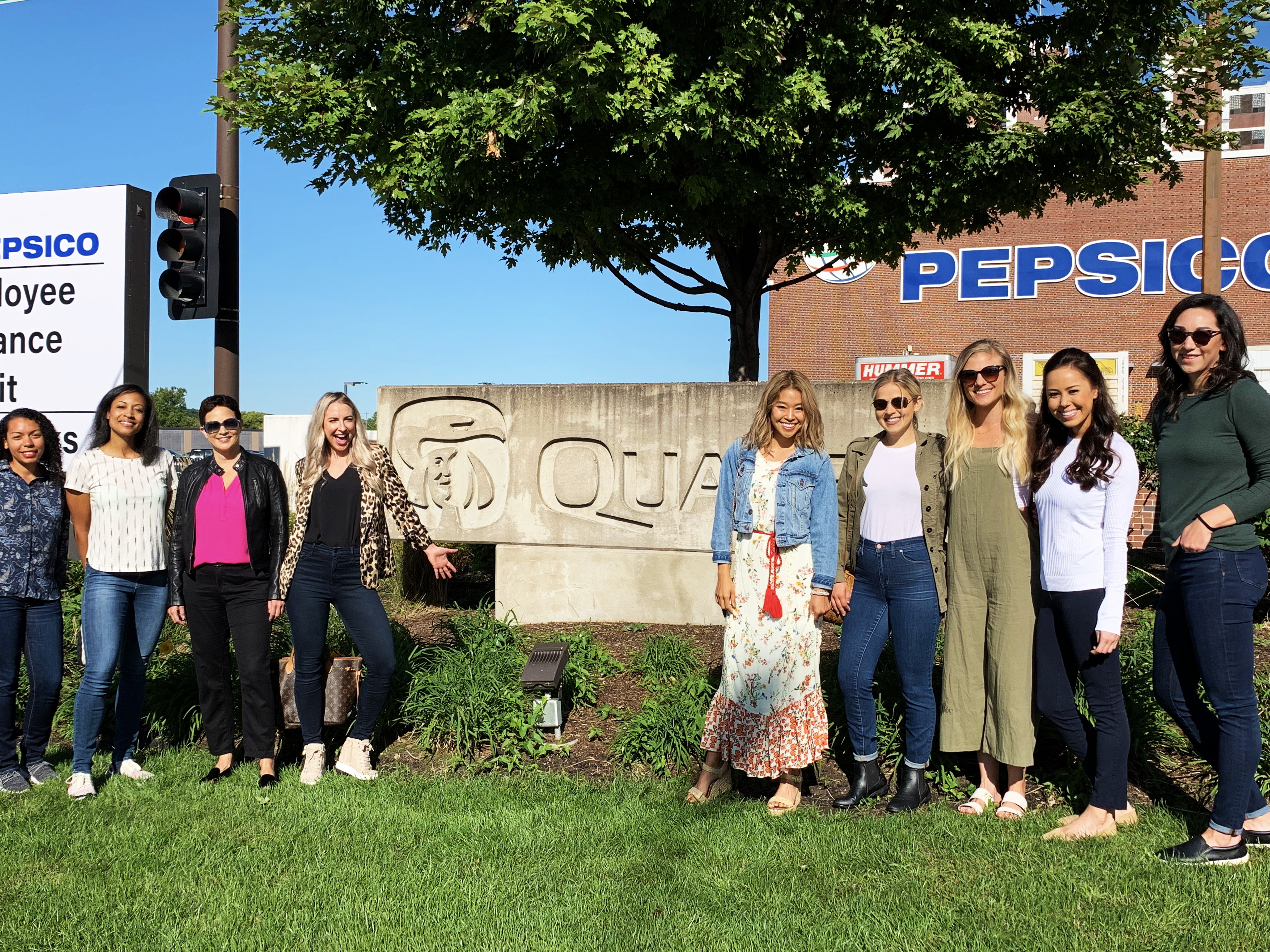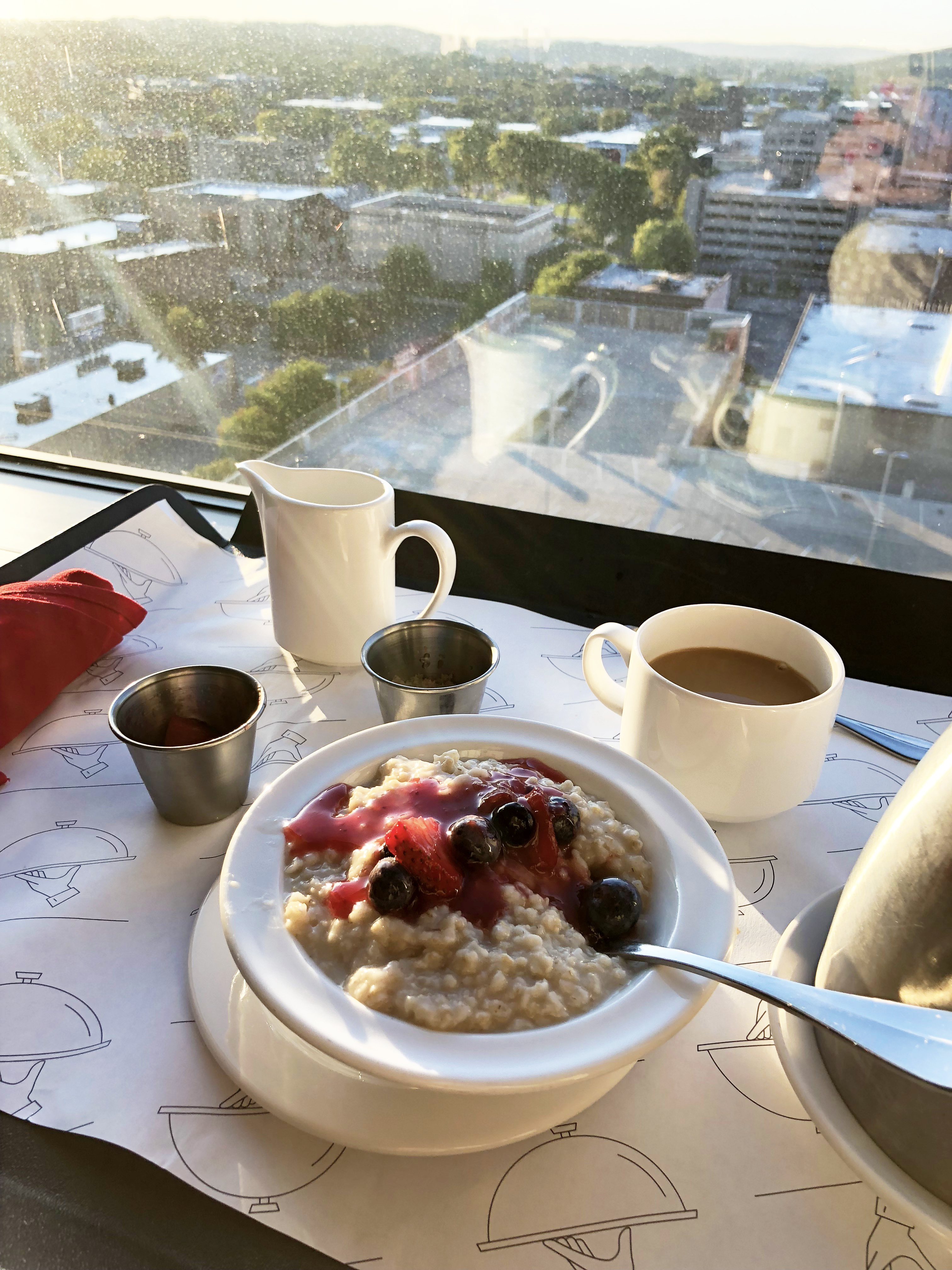
This post is sponsored by The Quaker Oats Company but all opinions are my own.
Two weeks ago I was invited by Quaker to visit Cedar Rapids, Iowa to explore what goes into making the Quaker products that we know and love. If you are like me, you grew up on Quaker Oats so to have the opportunity to take a look behind the scenes of what goes into to making them, was such a treat!
For over 140 years, Quaker has been the leading expert in oats combining science, scale, passion and expertise dedicated to researching all oats have to offer.
Quaker’s Cedar Rapids mill is the epicenter of the brand’s oat processing and is powered by state-of- the art technology. By following Quaker’s strict set of standards, the mill produces oats that are unsurpassed in terms of safety and quality. It also maximizes milling yield to meet today’s demand and produces multiple types of oats to meet consumers’ evolving dietary needs and preferences.

A breakdown of the “Seed to Spoon” Process
- The Quaker Oat Seeding process begins in the spring and harvesting begins late summer and early fall.
- A representative sample of oats from every railcar or truck is tested to ensure they meet Quaker’s standard of excellence looking at parameters like grain moisture, size and composition.
- Oats are separated into storage bins and blended in the best ratio to meet nutritional claims, then cleaned.
- The protective outer coat (called the hull) is removed to get the inner groat, which is the edible part of the whole grain.
- The groats go through a kilning process to deactivate natural occurring enzymes, reduce moisture where needed and toast oats for flavor. This process is vital for oat processing (and not used for other grains like corn, rice or wheat). Quaker’s proprietary kilning process is unique in the industry and is the reason that Quaker oats have a distinct toasted flavor that we know and love.
6. Groats are ready to be cut and flaked into different oat products!
My takeaways
In learning about the seed to spoon process, I thought it was especially interesting that each variety of Quaker Oats, no matter how they are cut — Old Fashioned, Instant, and Steel Cut are 100% whole grain! Ounce per ounce, they all provide similar amounts of fiber, vitamins & minerals. Where they differ is shape, texture and cook time. So know that no matter how you like your oats, your body is reaping the same goodness in each bite!















